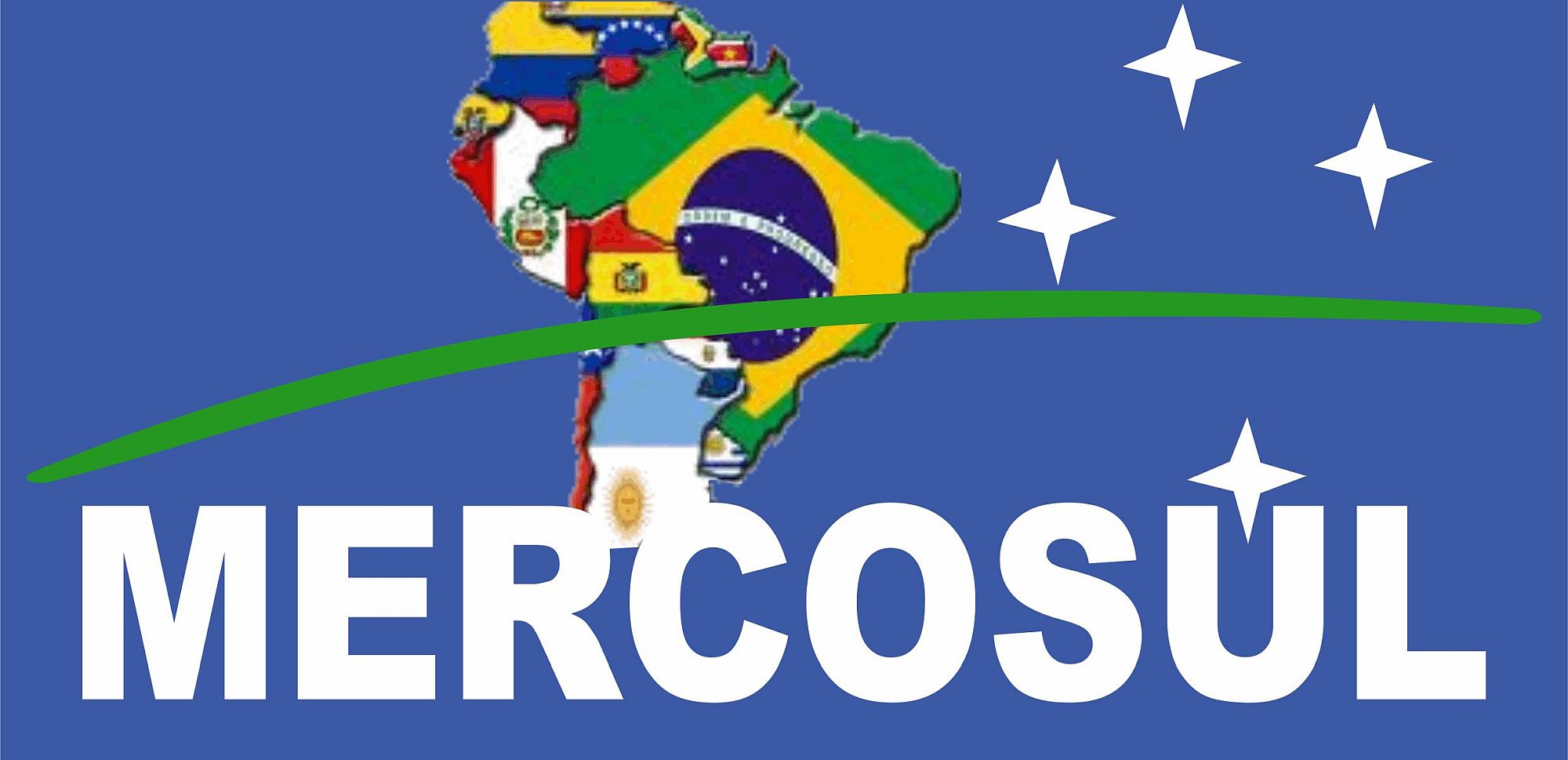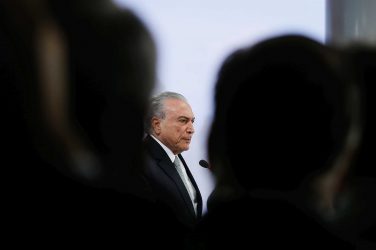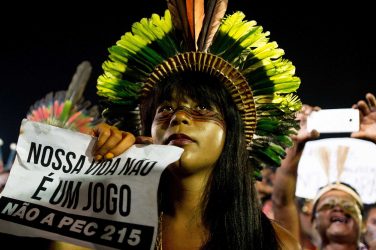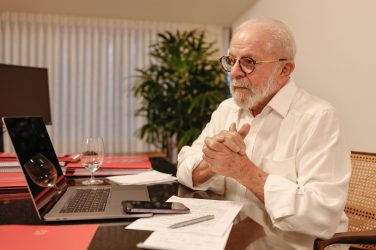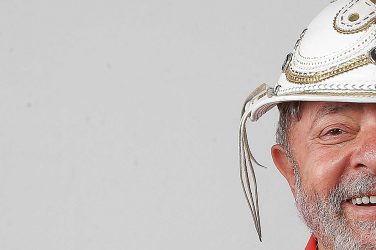Brazil’s presence and participation in Mercosur has continued to develop significantly in recent months. While talks with the European Union were stymied at the World Trade Organization in December of 2017, there is cause for optimism for a settled negotiation by February of 2018.
Though disagreement between the two blocs over beef and ethanol production represent the primary obstacles to an agreement, the general optimism of Brazilian policy makers reflects the ongoing progress of Mercosur’s regional and international agenda, with transnational economic integration as the primary aim.
Brazil has been a leader in Mercosur’s policy since the inception of the organization in 1991. The Asuncion Treaty, and its legacy of the Ouro Preto Protocol, reveal the goals of regional and international trade facilitation.
Mercosur is measured to be the fifth largest economy in the world, with Brazil contributing 70% of Mercosur’s GDP, valued at approximately US$ 3 trillion. Brazil’s National Development Bank (BNDES) plays an active role in the coordination of economic policy, and Mercosur’s aspirations are restricted not only to Europe.
The third largest regional trading bloc after NAFTA and the European Union, Mercosur is essentially a customs union with the aim of regional and international economic, strategic, and political integration.
But Mercosur has additional functions, addressing agendas of infrastructure, telecommunications, science and technology, education, environment, and human rights, particularly in the South American region.
With Brazil and Argentina as its primary members, (and to a lesser extent Paraguay and Uruguay) Mercosur also seeks a rapprochement with Asian counterparts, particularly regarding issues of trade, customs and value chains.
Though recent developments have focused on the European Union, Mercosur’s negotiations with the Pacific Alliance are ongoing. Mercosur seeks to integrate with other Latin American countries and Caribbean States as well, and these multiple agendas posit Mercosur as the primary vehicle for the progress of social, political and economic regional prosperity.
The fate of Mercosur’s future with the European Union in the upcoming weeks remains to be seen. While the concerns of nations such as France and Ireland over standards of agricultural cleanliness still remain, Brazil should and must take the lead in negotiations, with the aim of enhancing its power and prestige abroad in the midst of current domestic political and economic tension and turmoil.
On Wednesday, January 24, Lula was convicted of crimes of corruption and money laundering, and faces a 12 year prison sentence, which may destabilize the Brazilian polity, but should not likely complicate Temer’s goals to integrate with Mercosur.
The recent stabilization of the Brazilian economy in terms of GDP growth, lower inflation and a decreased interest rate also contribute to the likelihood of facilitated trade negotiation.
Again, the recent standoff between Mercosur and the European Union will not deter the hope for a negotiated settlement, and will not hinder the progress for future reconciliation between the two blocs.
The interests of both Mercosur and the EU should dictate some kind of resolution to stalled trade negotiations sometime in the next few weeks, serving to perpetuate the process of Brazil’s international economic integration in 2018.


